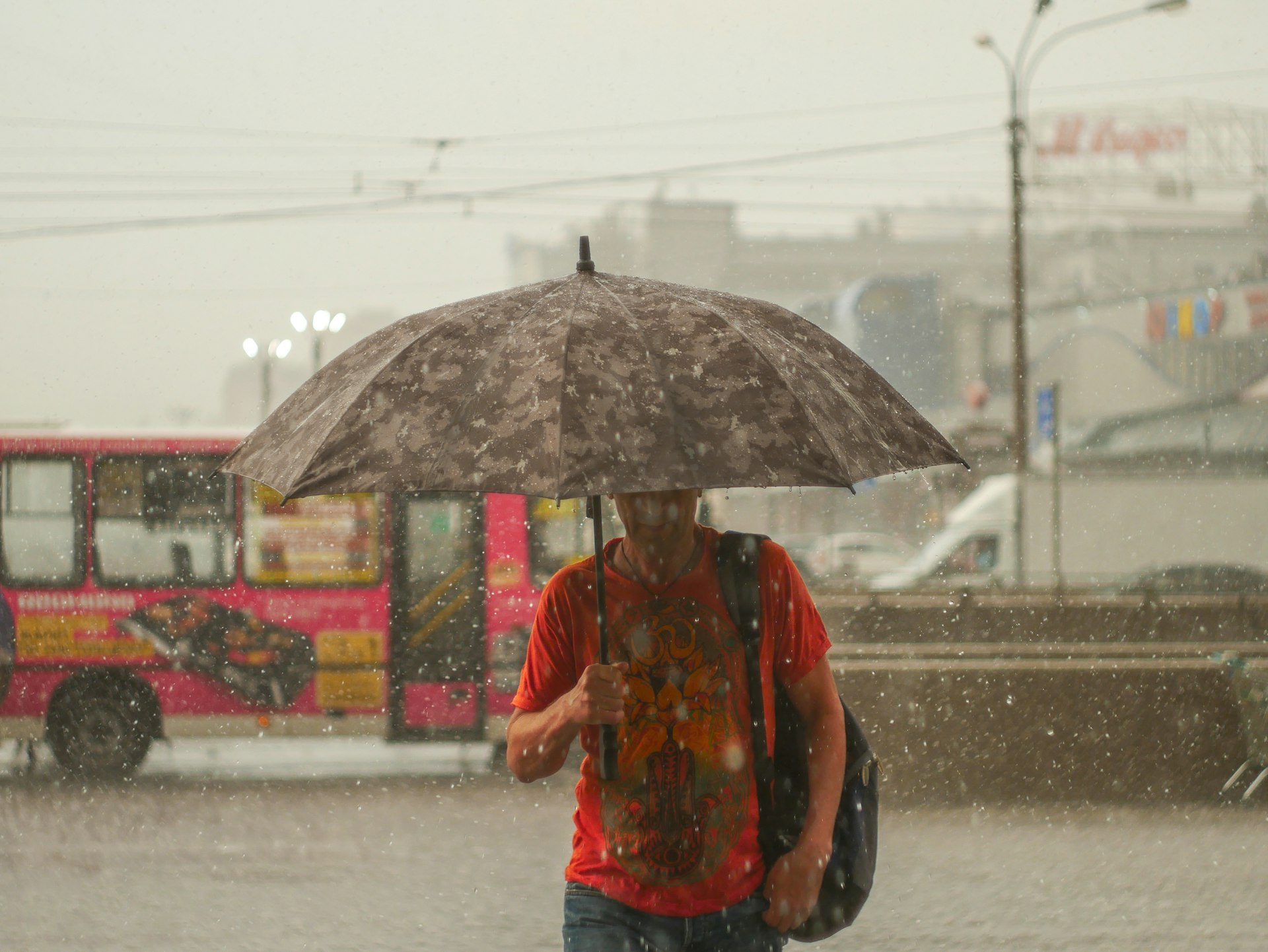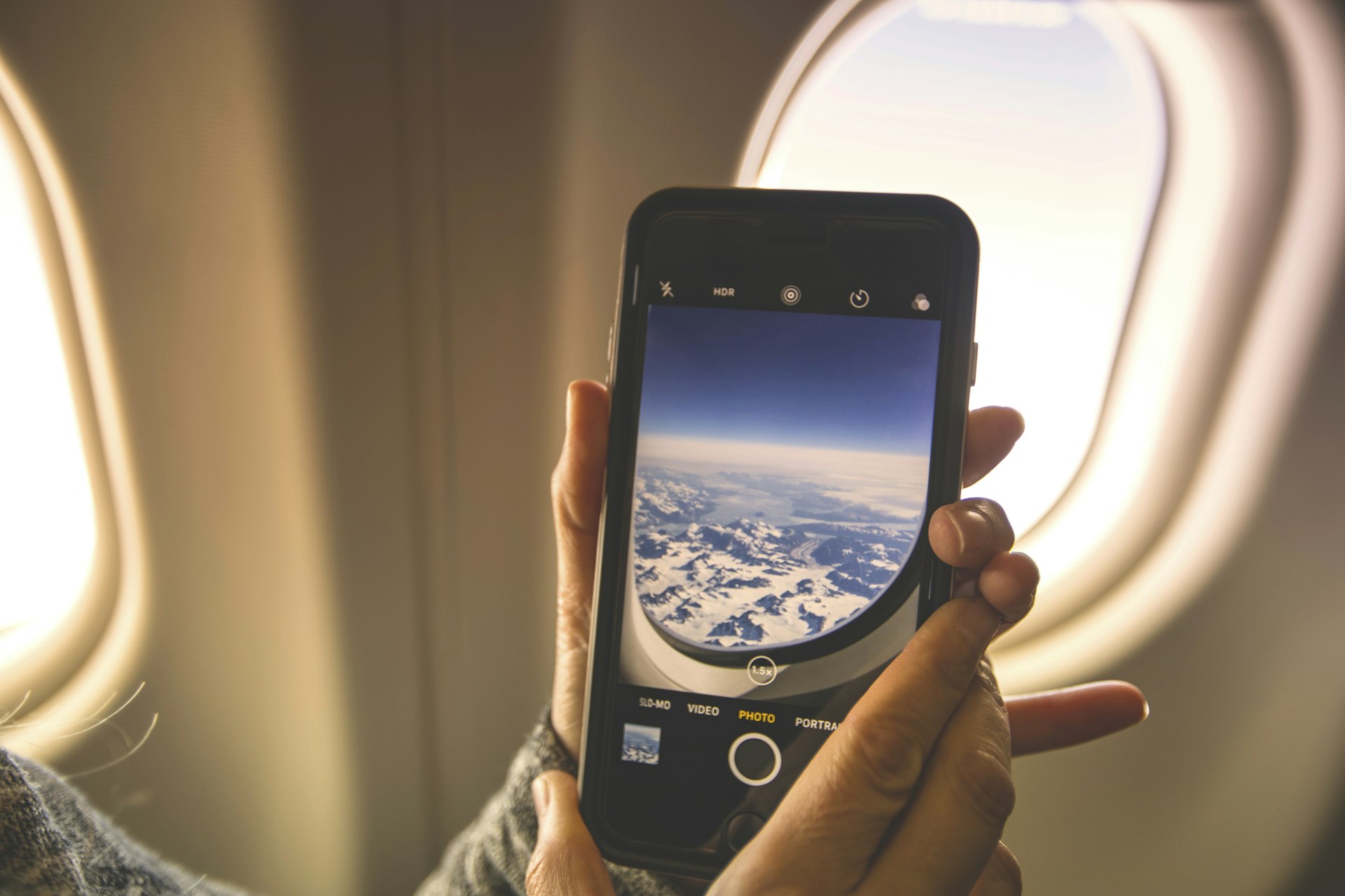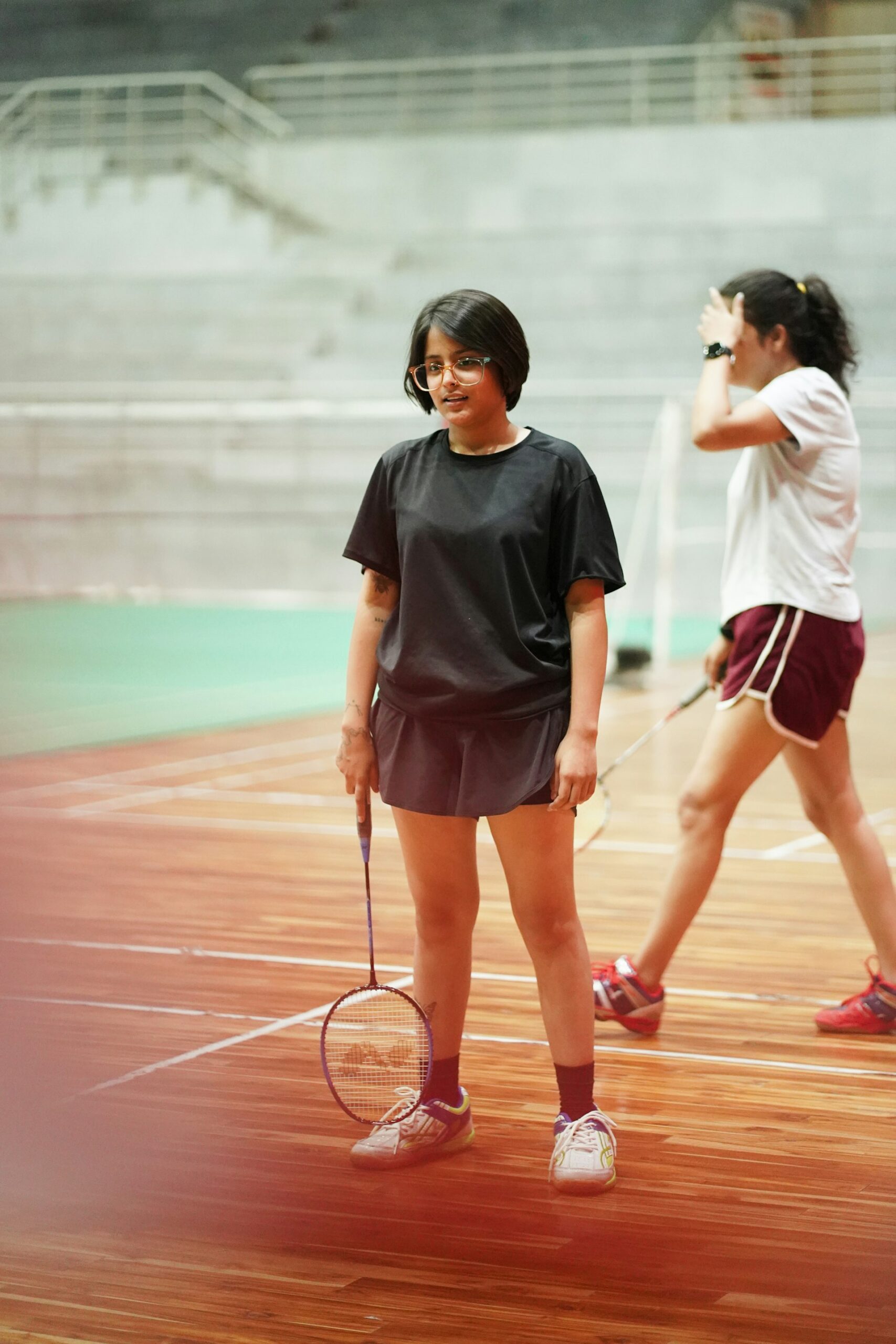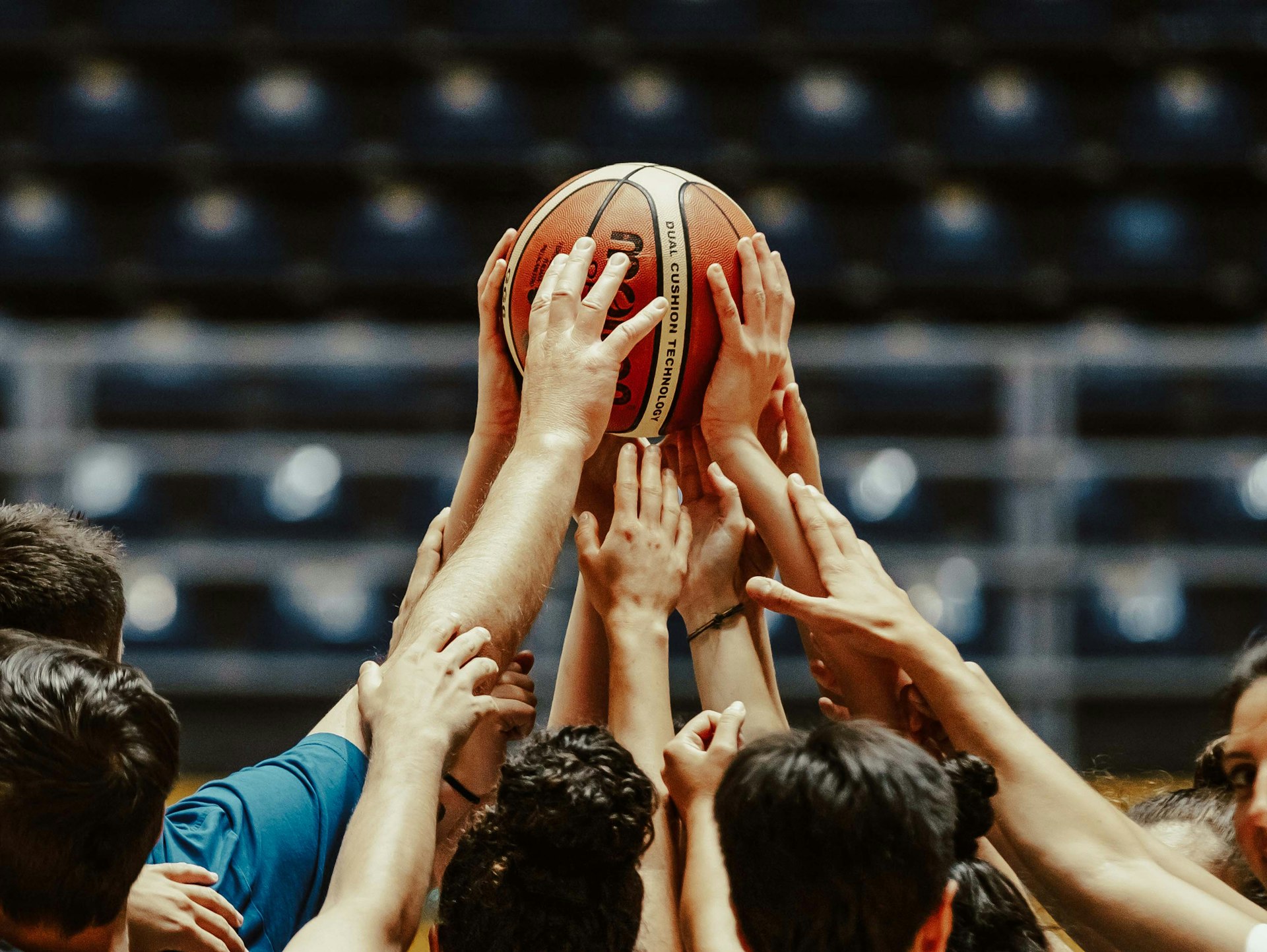How Cultural Heritage Shapes Global Sports Events and Connects the World

Photo by Bunsita H. on Unsplash
Introduction: The Powerful Link Between Sports and Cultural Heritage
Global sports events are more than just athletic competitions. They serve as vibrant stages for showcasing the world’s diverse cultural heritage, helping to preserve traditions and foster intercultural understanding. As these events attract millions of viewers and participants from across the globe, they offer unique opportunities for cultural preservation, exchange, and innovation [1] . Understanding the importance of cultural heritage in global sports events is essential for communities, organizers, and stakeholders aiming to maximize the social and cultural impact of these international gatherings.
Why Cultural Heritage Matters in Global Sports Events
Cultural heritage encompasses tangible and intangible expressions such as traditional games, dances, rituals, ceremonies, and communal identities. By integrating cultural elements into sports events, organizers can:
- Preserve fading traditions by providing a contemporary platform for their performance and appreciation.
- Promote intercultural dialogue and mutual respect among diverse audiences and participants.
- Foster a sense of identity and pride within host communities, strengthening local engagement and social cohesion.
- Enhance tourism by attracting visitors interested in authentic cultural experiences [5] .
Case Studies: Cultural Heritage at the Heart of Major Sports Events
Olympic Games
Every Olympic Games incorporates a unique cultural program, from opening ceremonies featuring traditional performances to the showcasing of local art and cuisine. These elements introduce global audiences to the host nation’s heritage and foster cross-cultural curiosity and respect [2] .
FIFA World Cup
The World Cup is a stage for both football and national identity. Host countries often leverage the event to highlight their music, dance, crafts, and culinary traditions, creating memorable experiences for attendees and viewers worldwide [3] .
Traditional and Indigenous Games
Events such as the Pan American Indigenous Games or regional festivals celebrate traditional sports and games as living heritage, drawing attention to practices that might otherwise be at risk of disappearing. These gatherings are endorsed by organizations like UNESCO and are recognized for reinforcing cultural identity and pride [4] .
How Global Sports Events Preserve and Revitalize Cultural Heritage
Major sports events act as catalysts for cultural preservation and innovation in several ways:
- Showcasing Intangible Heritage: Opening and closing ceremonies often feature music, dance, and storytelling rooted in the host nation’s history.
- Revitalizing Urban Heritage: Events may be held at or near heritage sites, prompting restoration projects and increased public interest [1] .
- Promoting Traditional Sports: Demonstration events or cultural festivals run parallel to mainstream competitions, introducing audiences to indigenous games and practices [4] .
For example, hosting a marathon near a UNESCO World Heritage site, as seen with the Yongding Tulou Marathon in China, draws attention to local heritage and can increase loyalty and attachment to the site among tourists [5] .
Steps for Organizers: Embedding Cultural Heritage in Sports Events
Organizers and host communities can take practical steps to ensure cultural heritage is meaningfully represented:
- Collaborate with Local Cultural Experts: Engage historians, artists, and community leaders to curate authentic cultural content for ceremonies and side events.
- Promote Traditional Games and Practices: Include demonstration events, exhibitions, or interactive workshops on local sports and customs.
- Highlight Local Artisans and Cuisine: Showcase regional crafts, foods, and performances in fan zones and hospitality areas.
- Leverage Media and Technology: Use live broadcasts and digital platforms to share cultural stories and behind-the-scenes content with global audiences [2] .
- Incorporate Heritage Sites as Venues: When feasible, host competitions or ceremonies at historical locations, ensuring all conservation measures are in place.
For actionable guidance, event organizers can contact local cultural affairs offices or national heritage agencies, or search for “cultural heritage integration in sports events” along with their city or country to identify best practices and case studies.

Photo by Markus Kammermann on Unsplash
Benefits for Communities, Athletes, and Audiences
Embedding cultural heritage in global sports events generates substantial benefits:
- Communities: Gain visibility and economic opportunities, and experience a renewed sense of pride and purpose.
- Athletes: Experience a richer, more meaningful event, often becoming cultural ambassadors themselves.
- Audiences: Enjoy immersive experiences, learn about new cultures, and develop greater appreciation for global diversity.
In addition, cultural elements can help sports events stand out in a crowded international calendar, attracting more visitors and media coverage. Research shows that integrating heritage with sports can build tourist loyalty and enhance the perceived value of both the event and the destination [5] .
Challenges and Solutions in Balancing Sports and Heritage
While the benefits are substantial, integrating cultural heritage into global sports events can present challenges:
- Risk of Commercialization: Cultural expressions may be reduced to mere spectacle, losing authenticity. Organizers should work closely with cultural custodians to ensure respectful representation.
- Overtourism and Site Degradation: Increased attention to heritage sites can strain their capacity. Sustainable tourism practices and strict conservation protocols are essential.
- Diverse Audience Expectations: Striking a balance between universal appeal and local specificity requires thoughtful programming and inclusive planning.
To address these challenges, it is recommended to:
- Establish advisory committees with representatives from local cultural groups.
- Adopt UNESCO’s guidelines for safeguarding intangible heritage and sustainable event management [4] .
- Engage in ongoing community consultation before, during, and after the event.
How to Access Cultural Heritage Opportunities in Sports Events
If you are interested in participating in sports events that highlight cultural heritage, or want to contribute to such initiatives, you can:
- Search for upcoming international sports events through reputable organizations such as the International Olympic Committee, FIFA, or UNESCO.
- Contact your local tourism board or cultural affairs office to inquire about heritage-focused sports events in your region.
- Look for volunteer opportunities at major events, where cultural ambassadors and guides are often needed.
- Consider attending or supporting traditional games festivals or heritage marathons, which are frequently advertised on official city or national tourism websites.
For further information on integrating cultural heritage into sports events, you may consult UNESCO’s resources on traditional sports and games or look for academic publications and best-practice case studies from recent international events.
Key Takeaways
Global sports events offer a transformative platform for celebrating and safeguarding cultural heritage. By thoughtfully incorporating traditional practices, engaging local communities, and prioritizing sustainable development, stakeholders can ensure these events leave a lasting, positive legacy. For organizers, athletes, and audiences alike, embracing cultural heritage in sports is a powerful way to build bridges, foster understanding, and inspire lasting connections across the world.
References
- [1] Frontiers in Sports and Active Living (2025). Revitalizing Urban Cultural Heritage through Major Sports Events.
- [2] Coexist With Peace (2023). The Role of Sports in Promoting Cultural Exchange.
- [3] The Fairytale Traveler (2023). Exploring the Cultural Significance of Sports Around the World.
- [4] UNESCO. Traditional Sports and Games.
- [5] PLOS ONE (2024). Impact of Sports Event Image on Tourism Loyalty in World Heritage Sites.
MORE FROM pulsefusion.org













